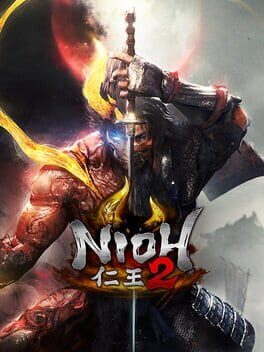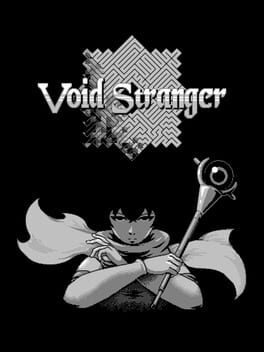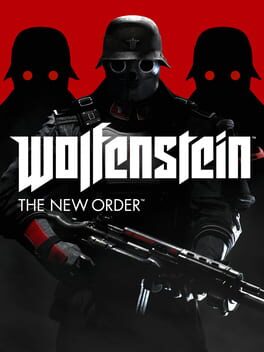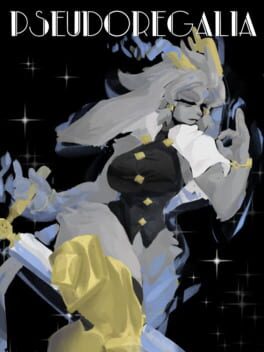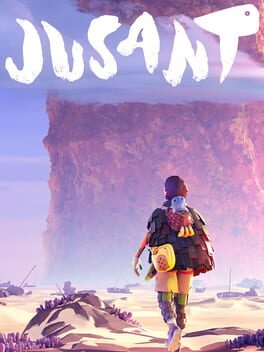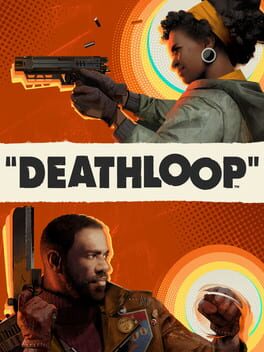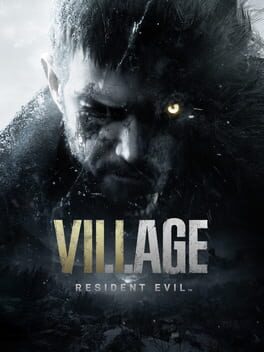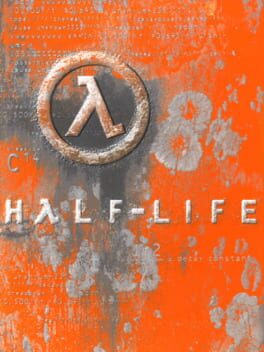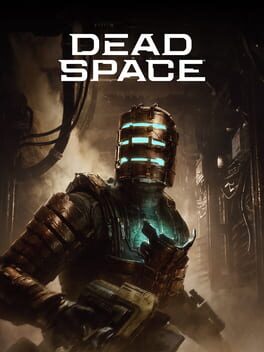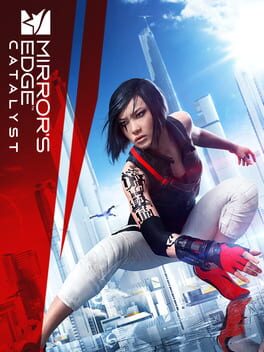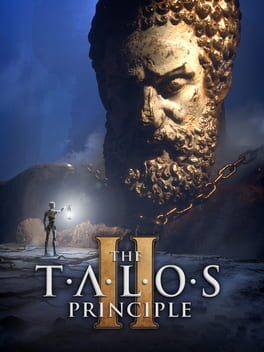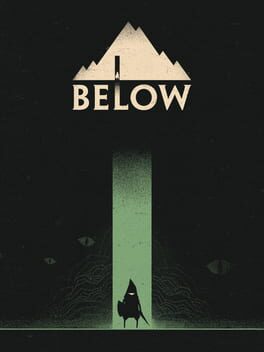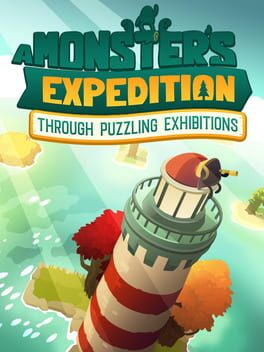MBCastro
2020
Got a little frustrated/burn out with the sequence of bosses in the final stretch and ended giving up on Kashin Koji.
I think Nioh 2's influences are too closely replicated, and it takes a little of its merits. Team Ninja is so good with pure action games, and the dissonance that RPG elements bring to the genre will never be worth it in my opinion.
In terms of combat, even though the grabs are well warned, I wish there was a way to counter them. Sometimes the time to react is just too small. There seems to be a lot of input reading/state reading to trigger some grabs that feel unfair. Sometimes it feels that when your stamina is empty, a grab will be instantly prioritized by the enemy, even though a combo animation is happening.
Anyway, the game is very good, but o lot of its qualities come from a formula perfected by other developers. I think if Team Ninja embraces its action game roots, they could achieve something truly remarkable. If they keep in this path, they would just be chasing whatever the most accomplished developer right now is doing, and it seems unlikely that they could actually reach them.
I think Nioh 2's influences are too closely replicated, and it takes a little of its merits. Team Ninja is so good with pure action games, and the dissonance that RPG elements bring to the genre will never be worth it in my opinion.
In terms of combat, even though the grabs are well warned, I wish there was a way to counter them. Sometimes the time to react is just too small. There seems to be a lot of input reading/state reading to trigger some grabs that feel unfair. Sometimes it feels that when your stamina is empty, a grab will be instantly prioritized by the enemy, even though a combo animation is happening.
Anyway, the game is very good, but o lot of its qualities come from a formula perfected by other developers. I think if Team Ninja embraces its action game roots, they could achieve something truly remarkable. If they keep in this path, they would just be chasing whatever the most accomplished developer right now is doing, and it seems unlikely that they could actually reach them.
2023
I think the puzzle genre doesn't work as well as shmups for the "learn through repetition" design philosophy of System Erasure.
I felt that some of the overarching puzzles were really obtuse, some were bad and some were really good. Definitely had to resort to walkthroughs, but still, I think the game delivers a lot even in the most basic playthrough.
I felt that some of the overarching puzzles were really obtuse, some were bad and some were really good. Definitely had to resort to walkthroughs, but still, I think the game delivers a lot even in the most basic playthrough.
2023
2023
It's honest in a way where it doesn't try to be anything other than a copy of the Souls/Bloodborne games. And it's a very competent copy, but it doesn't get near the mastery of FromSoftware.
I'll be looking forward to these guys come up with next, because they are clearly very talented. Hopefully, something original, or why even bother?
I'll be looking forward to these guys come up with next, because they are clearly very talented. Hopefully, something original, or why even bother?
2023
2021
I think Arkane's design philosophy benefits from repetition and a little bit of trial and error, so the narrative solution they found with Deathloop fitted very well.
Unfortunately, I thought the beginning was pretty bad and almost made me give up on the game. Some of the progression and upgrade systems were needlessly complex. I'm also not a fan of randomized loot and trinkets that add minimal improvements where make you just micromanage upgrades that don't bring any meaningful changes.
Unfortunately, I thought the beginning was pretty bad and almost made me give up on the game. Some of the progression and upgrade systems were needlessly complex. I'm also not a fan of randomized loot and trinkets that add minimal improvements where make you just micromanage upgrades that don't bring any meaningful changes.
I was ready to hate it after not enjoying RE7 direction much, but was pleasantly surprised.
I think it fixes some of the issues of RE7 with greater enemy variety, fewer cutscene interruptions, improved pacing and overall better designed areas. The final stretch with Chris could just be cut off honestly, but at least its short.
RE stories were always some B-Horror tier, but at least they kind of made sense within the universe. You were always fighting mutant, biologically modified freaks. It always felt like an experiment gone wrong. Now, some of the villains are just humans with X-Men super powers. I know it's ridiculous to complain after Leon backflipping lasers in 4 and Chris punching boulders in 5, but as contradictory as it may seem, some things feel out of place.
I think it fixes some of the issues of RE7 with greater enemy variety, fewer cutscene interruptions, improved pacing and overall better designed areas. The final stretch with Chris could just be cut off honestly, but at least its short.
RE stories were always some B-Horror tier, but at least they kind of made sense within the universe. You were always fighting mutant, biologically modified freaks. It always felt like an experiment gone wrong. Now, some of the villains are just humans with X-Men super powers. I know it's ridiculous to complain after Leon backflipping lasers in 4 and Chris punching boulders in 5, but as contradictory as it may seem, some things feel out of place.
1998
There is something about the pacing of this game that just clicks with me and makes me want to keep going forward. It's a masterpiece, and there's not much to say about it that hasn't been said by someone else.
I think there's some awkward platforming spread throughout the game that is a little frustrating, and after a point the amount of health recovery items don't keep up with the amount of enemies thrown at you, but other than that, it's just excellent from beginning to (almost) end.
I think there's some awkward platforming spread throughout the game that is a little frustrating, and after a point the amount of health recovery items don't keep up with the amount of enemies thrown at you, but other than that, it's just excellent from beginning to (almost) end.
2023
Felt too bloated compared with the first. They doubled down on the unskippable cutscenes making it unbearable in multiple playthroughs. I think that the elements that make this version good are also present in the original, but in a much more concise way. The additions/changes were for the worse. The graphics were improved but a lot of the clarity in the original is lost. The fact that they made it extremely dark does not help it either.
2010
Very well realized world, setting and the story was very enjoyable. There are some outstanding quests, but the majority of them just don't stand out and feel like filler, making the game drag for longer than it should.
My major problem with it is that it's unfortunately trapped with Fallout 3 mechanics, which are just dreadful. It's not fun to navigate through the world, the combat is pretty terrible. Even though I was very interested in the conclusion of the story, these two points made the experience very frustrating by the end.
My major problem with it is that it's unfortunately trapped with Fallout 3 mechanics, which are just dreadful. It's not fun to navigate through the world, the combat is pretty terrible. Even though I was very interested in the conclusion of the story, these two points made the experience very frustrating by the end.
I enjoyed the traversal a lot, and that's what kept me engaged to at least complete the story.
There is an interesting paradox in games graphics/art direction and gameplay clarity, and Mirrors Edge Catalyst is a great example of this. It is super awkward to navigate without that red path help. You never know what objects are interactive, and it becomes impossible to keep a good running flow. Everything is white and realistic, it gets extremely confusing. I think it's a hard balance to achieve between trying to keep a very distinctive art direction but also prioritize gameplay. The red path thing is not the most elegant, and I wish I could not rely on that.
The combat was also a problem for me. I think it makes sense to be bad from a narrative standpoint, but unfortunately the game forces some combat encounter. If I could escape these encounters, this would not be an issue and also make much more sense narrative-wise.
I don't think Mirrors Edge Catalyst is bad at all. I enjoyed it quite a bit to the point of finishing it. I think this series is super original, specially coming from EA and being an AAA release where you have to cater to a very broad audience. It's just that there are some fundamental issues that bring the overall experience down. I still believe there's good potential for a first person parkour game with a little bit more focus on what actually makes it good.
There is an interesting paradox in games graphics/art direction and gameplay clarity, and Mirrors Edge Catalyst is a great example of this. It is super awkward to navigate without that red path help. You never know what objects are interactive, and it becomes impossible to keep a good running flow. Everything is white and realistic, it gets extremely confusing. I think it's a hard balance to achieve between trying to keep a very distinctive art direction but also prioritize gameplay. The red path thing is not the most elegant, and I wish I could not rely on that.
The combat was also a problem for me. I think it makes sense to be bad from a narrative standpoint, but unfortunately the game forces some combat encounter. If I could escape these encounters, this would not be an issue and also make much more sense narrative-wise.
I don't think Mirrors Edge Catalyst is bad at all. I enjoyed it quite a bit to the point of finishing it. I think this series is super original, specially coming from EA and being an AAA release where you have to cater to a very broad audience. It's just that there are some fundamental issues that bring the overall experience down. I still believe there's good potential for a first person parkour game with a little bit more focus on what actually makes it good.
For the most part, it improves and expands really well what made the first game so good. They could have used the new objects a little more, though. Some of the later puzzles, even though are very elegant, basically rely mostly on the lasers.
My only major criticism would be the story. First, the narrative takes a more traditional/generic approach where everything is exposed to you through dialog with other characters. I think the first left a little more to interpretation and reflection. With regard to the story, I felt the overall arc very corny. The themes addressed in the first one were much more thought-provoking than what's presented here.
My only major criticism would be the story. First, the narrative takes a more traditional/generic approach where everything is exposed to you through dialog with other characters. I think the first left a little more to interpretation and reflection. With regard to the story, I felt the overall arc very corny. The themes addressed in the first one were much more thought-provoking than what's presented here.
2018
Never seen a game sabotage itself so hard. For every good idea, there are three bad ones. Gave up on the 18th floor where everything is pitch black, and I was being stun locked by the increased enemy count. The lack of shortcuts from the 14th floor to the 18th was the tipping point for me.
The most frustrating thing is that there's an extremely well realized atmospheric adventure/exploration game here, but it's buried deep beneath a bunch of very (artificially) punishing mechanics that keep poping up at every floor.
The most frustrating thing is that there's an extremely well realized atmospheric adventure/exploration game here, but it's buried deep beneath a bunch of very (artificially) punishing mechanics that keep poping up at every floor.
I think that maybe the game dragged for too long without much variation in the puzzles design. Sometimes I felt that I was solving the same puzzles multiple times, as the progression did not seem to match with an increase in challenge. I guess that is the price for the very well realized world design.
